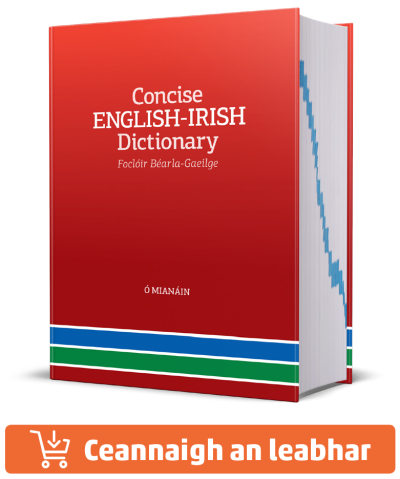Foclóir Gaeilge–Béarla
Ó Dónaill, 1977
An Foclóir Beag
Ó Dónaill & Ua Maoileoin, 1991
English–Irish Dictionary
de Bhaldraithe, 1959
Gramadach
Foghraíocht
tine
tinechreasach
tinedhíonach
tineghealánach
tinfeadh
tiníl
tinlín
tinn
tinnchroíoch
tinne
tinneacht
tinneálaí
tinneall
tinneallach
tinneallaí
tinneanas
tinneas
tinneasach
tinneasnach
tinneasnaí
tinneasnaigh
tinnigh
tinníocht
tinn1, a1. 1. Sore; painful, distressing. (a) Cos thinn, sore leg. Súile ~e, sore eyes. Tá mo cheann ~, I have a headache. Bhí mo chroí ~ ina ndiaidh, my heart ached after them. Is ~ dóite an cás é, it is an extremely sad case. Is ~ liom é a rá leat, it pains me to say it to you. Ba thinn an lá dó é, it was a sorry day for him. S.a. cos 1. (b) (Of pangs of parturition) Bhí sí ~ ar dhuine clainne ag an am sin, she was in labour at that time. Tá an chaora ~ ar uan, the sheep is lambing. 2. Sick. Duine ~, sick person. Tá sé ~ le trí lá, he has been ill for three days. Breoite ~, weak and ailing. Tá mé ~ tuirseach de, I am sick and tired of it. S.a. goin23.
tinn2, s. (In phrase) ~ t’fhiafraí ort = don d’fhiafraí ort :don1.
ABAIRTÍ
IN FOCLÓIR GAEILGE—BÉARLA
Tá mé i mo bhambairne (ag cos thinn, ó cailleadh an capall orm), I am in a predicament, frustrated (with a sore foot, since I lost my horse).
Le haghaidh na coise tinne, for the rainy day.
~ ar dhaoine tinne, a visit to sick people.
Duine a dhéanamh tinn, tuirseach, to make s.o. sick, tired.
1. ~cha tinne a fhágáil ag duine, to trounce s.o. (about the ribs).
D’fhágfadh sé tinn thú ar feadh na hoíche, it would cause you to be sick all night.
Níor fhéad mé teacht mar go raibh mé tinn, I couldn’t come because I was ill.
Tinn le ~ na ré, moonstruck.
~ ar shúile tinne, a sight for sore eyes.
~ sé air (féin) liom go raibh sé tinn, he led me to believe that he was sick.
Más tinn nó más slán dúinn, whether we be in sickness or in health.
~ nimhneach, thinn, sore throat.
Suí le duine tinn, to sit up with a sick person.
